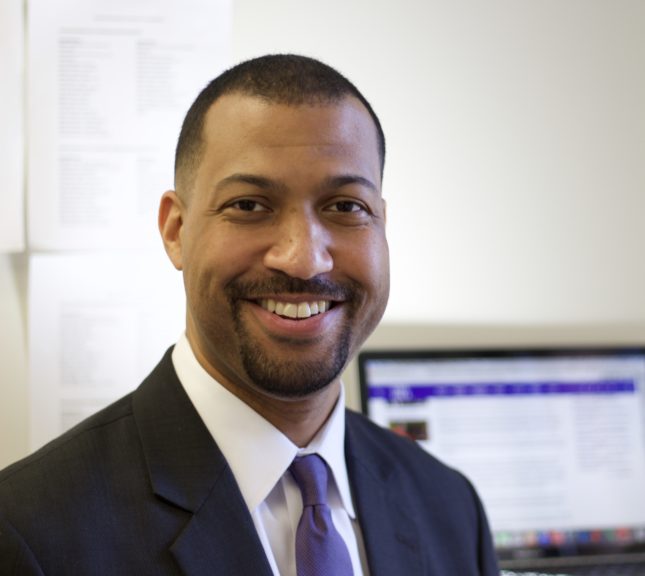
Public Knowledge President and CEO Chris Lewis will testify before the U.S. Senate Commerce Subcommittee on Communications, Media, and Broadband Tuesday, August 2 at 2:30 p.m. His testimony in the hearing on “The Future of Spectrum” will urge Congress to strengthen our national spectrum policy by innovating our spectrum access models that serve the public interest.
The testimony will also argue for grounding our spectrum policy in public interest objectives; promoting competition, innovation, and economic opportunity; and extending the Federal Communications Commission’s auction authority to ensure a long-term strategy. As the testimony explains, the nation should also invest auction revenues in public interest objectives to help connect all Americans to critical telecommunications services.
The following is an excerpt from the testimony:
“Since Congress first authorized auctions almost 30 years ago, America’s leadership in spectrum policy innovations has helped drive the mobile sector worldwide. [But to] strengthen our national spectrum policy… [w]e need to focus on continuing to innovate spectrum access models that serve the public’s interest.
“The FCC’s public interest objectives… include promoting competition and economic opportunity; ensuring all Americans can access new and innovative technologies; preventing excessive consolidation; providing opportunities for small businesses, especially minority and women-owned businesses to compete; and ensuring that our limited spectrum airwaves efficiently and intensively serve the public’s communication needs.
“The FCC can achieve these objectives through auction design and specific policies intended to advance greater opportunities for diverse licensees and spectrum users. In the past, the FCC has used tools… to promote competition and economic opportunities for small businesses, rural communities, and Tribal Nations. Unfortunately, these tools have become increasingly less effective. We need to review these and newer ways to achieve these important goals.
“We are in the midst of a connectivity revolution—the average number of connected devices per home rose from 11 in 2019 to 25 in 2021—a growth of over 100% in three years. Similarly, demand for internet access has continued to grow. On average, consumers spend five hours a day on their mobile devices. As more and more devices can only connect to the internet through Wi-Fi, even wireline services now rely on unlicensed spectrum.
“The demand on unlicensed and licensed spectrum underscores just how critical using a mix of access regimes is to meet the connectivity demands of our nation. Unfortunately, there are very few spectrum ‘greenfield’ opportunities remaining. As more and more services are packed closer together, ensuring efficient spectrum use is more critical than ever. Every spectrum stakeholder must work together to enhance efficiency.
“Having (and taking) the time to develop a national spectrum policy that properly engages all stakeholders is important. The licensing and spectrum distribution models we use today will lock us into specific uses and business models for the foreseeable future. The old cliché of ‘measure twice, cut once’ applies in spectrum planning as well as home improvement. Now is the time to make sure federal agencies have the right tools and enough time to use those tools properly.”
You may view the testimony.
Members of the media may contact Communications Director Shiva Stella with inquiries, interview requests, or to join the Public Knowledge press list at shiva@publicknowledge.org or 405-249-9435.